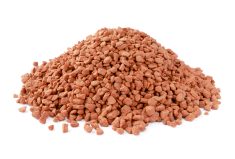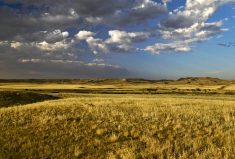The U.S. Depar tment of Agriculture issued a draft proposal on Nov. 2 to again allow farmers to grow Monsanto’s genetically modified sugar beets, which are fiercely opposed by environmentalists.
A U.S. district court in California has ruled that the sugar beets cannot be produced until the USDA issues a full environmental impact study, which the department does not expect to complete until May 2012.
USDA said under its new draft environmental assessment, it is considering three options.
Its preferred choice is to allow Monsanto beets back in the fields by next year under a permit subject to conditions “to prevent any potential plant pest risks.”
Read Also

Mazergroup’s Bob Mazer dies
Mazergroup’s Bob Mazer, who helped grow his family’s company into a string of farm equipment dealerships and the main dealer for New Holland machinery in Saskatchewan and Manitoba, died July 6 from cancer.
“We are issuing this environmental assessment to share our decision-making process as transparently as possible and allow for public comment,” said Michael Gregoire, deputy administrator of USDA’s Animal and Plant Health Inspection Service.
Al lowing cultivation of Monsanto’s beets, and those by KWS SAAT AG, is a priority for USDA because U.S. sugar output could be cut by as much as 20 per cent if cultivation is blocked, according to USDA court documents.
The USDA gave the green light in 2005 to Monsanto’s GMO beets, which are modified to tolerate the company’s Roundup herbicide.
The decision touched off the court battle, which began when the Center for Food Safety and other groups challenged the USDA ruling in the courts beginning in 2008.
The organization is expected to quickly challenge any new USDA ruling that would allow the GM beets back into production.


















